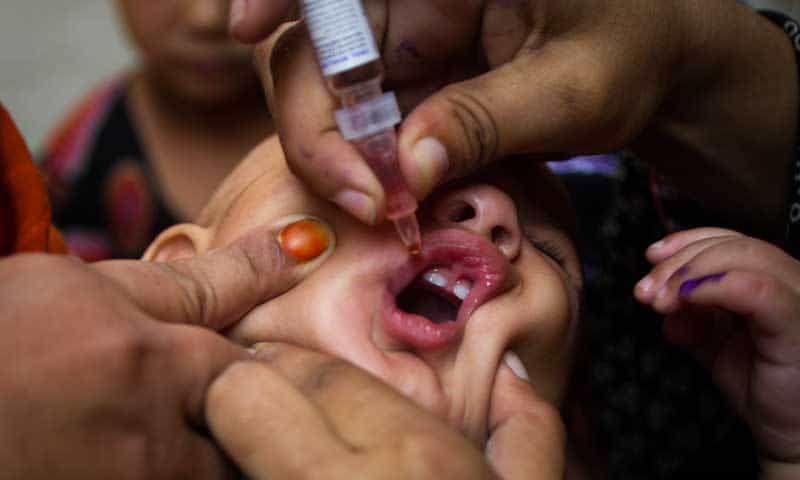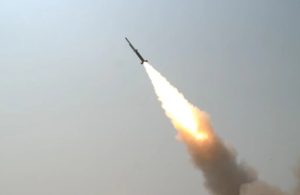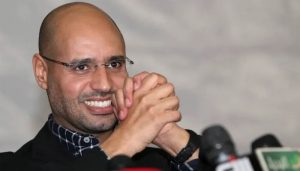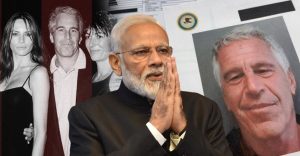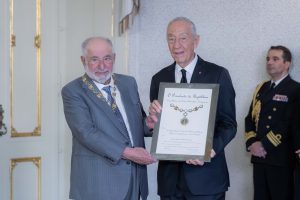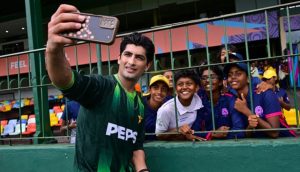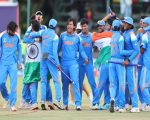GAZA – A large-scale polio vaccination campaign has commenced in Gaza, aiming to immunize over 600,000 children amid a fragile humanitarian pause in the ongoing conflict. This critical effort marks the first mass vaccination of its kind in the region in 25 years, as the besieged enclave faces a resurgence of the highly contagious disease.
The United Nations Relief and Works Agency for Palestine Refugees (UNRWA) and the World Health Organization (WHO) spearheaded the initiative, which began on Sunday morning. The campaign is a response to a public health crisis triggered by the reemergence of polio, a disease that had not been detected in Gaza for a quarter of a century.
Israel has permitted a limited “humanitarian corridor” to facilitate the vaccination drive, designating safe areas where medical personnel can administer the vaccines during specific hours. The pause in hostilities, while not a full cease-fire, allowed thousands of people to visit health centers, mobile clinics, and temporary tents set up across central Gaza.
Louise Wateridge, a spokeswoman for UNRWA, described the turnout as overwhelming, noting that the atmosphere among children and parents was one of profound relief. “It’s probably the most relieved I’ve seen children,” she remarked, emphasizing the significance of the halt in fighting for the success of the campaign.
The campaign is particularly urgent as Gaza’s healthcare and sanitation infrastructure has been severely damaged by the ongoing conflict, leading to a dramatic drop in the region’s polio vaccination rate—from 99% to 86% since the war began in October. The WHO warned that the risk of polio spreading further is high, given the deteriorating living conditions and the displacement of much of the population.
First polio case in Gaza
The urgency of the situation was highlighted in August when health authorities in Gaza confirmed the first polio case in 25 years—an 11-month-old boy whose limbs are now paralyzed. Additional children have shown symptoms consistent with polio, and the virus was detected in multiple sewage samples across southern and central Gaza.
Israeli officials have stated that the humanitarian pauses will be strictly limited, with the first stage of the vaccination program scheduled to take place in central Gaza from 6 a.m. to 2 p.m. Sunday through Tuesday. The WHO and UNRWA are racing against time to vaccinate as many children as possible during these windows.
Vaccination is crucial to preventing the spread of polio, which primarily affects children under five. The disease, which can cause irreversible paralysis and even death in severe cases, spreads easily through contaminated water and fecal matter.
The campaign’s success is seen as vital not just for Gaza but for the broader region, as the WHO estimates that one in 200 infections leads to permanent paralysis. Among those paralyzed, between 5% and 10% die when their breathing muscles become immobilized.
As the situation in Gaza remains precarious, UNRWA Chief Philippe Lazzarini called for the continuation of humanitarian pauses and reiterated the need for a cease-fire, stating, “Civilians need this war to end.”

